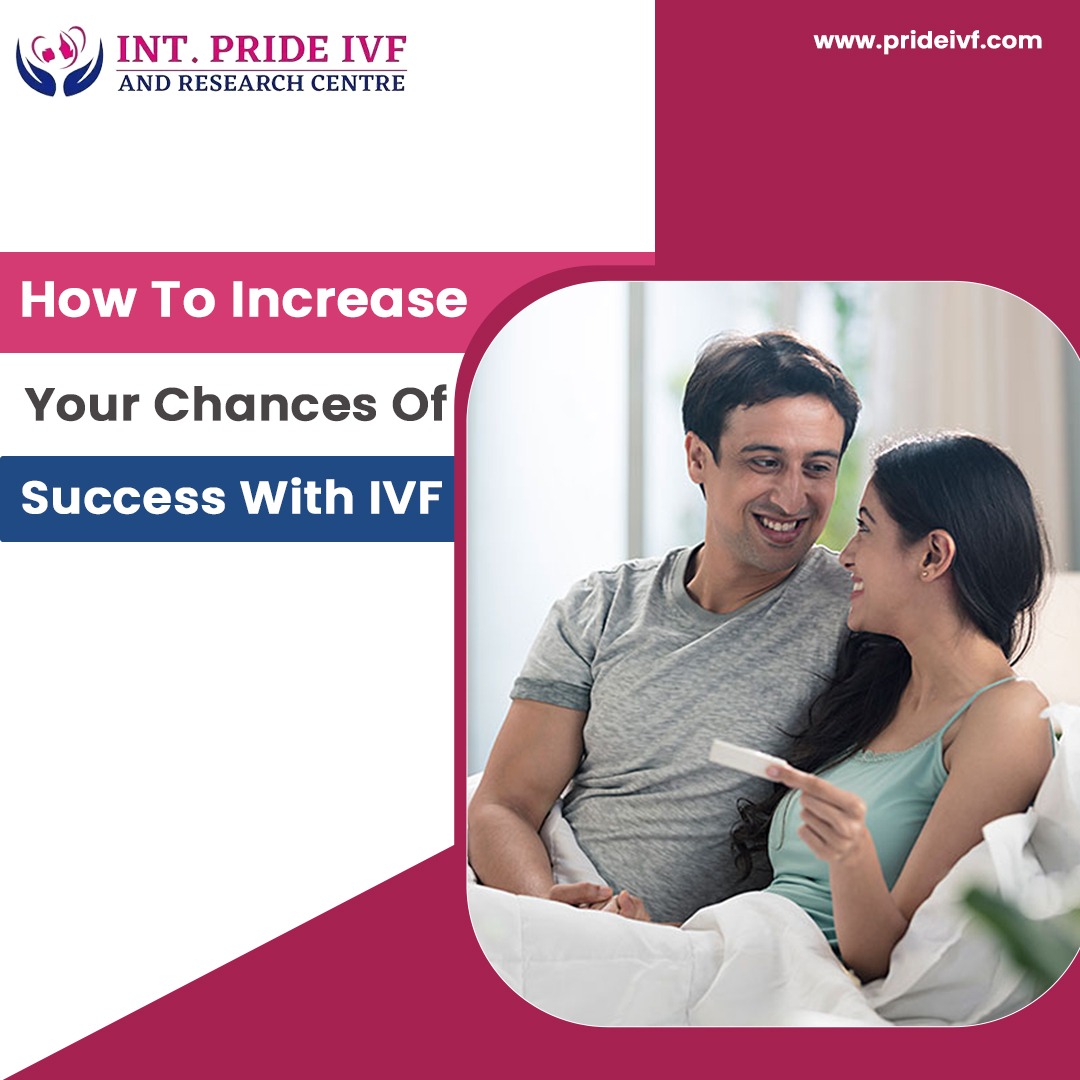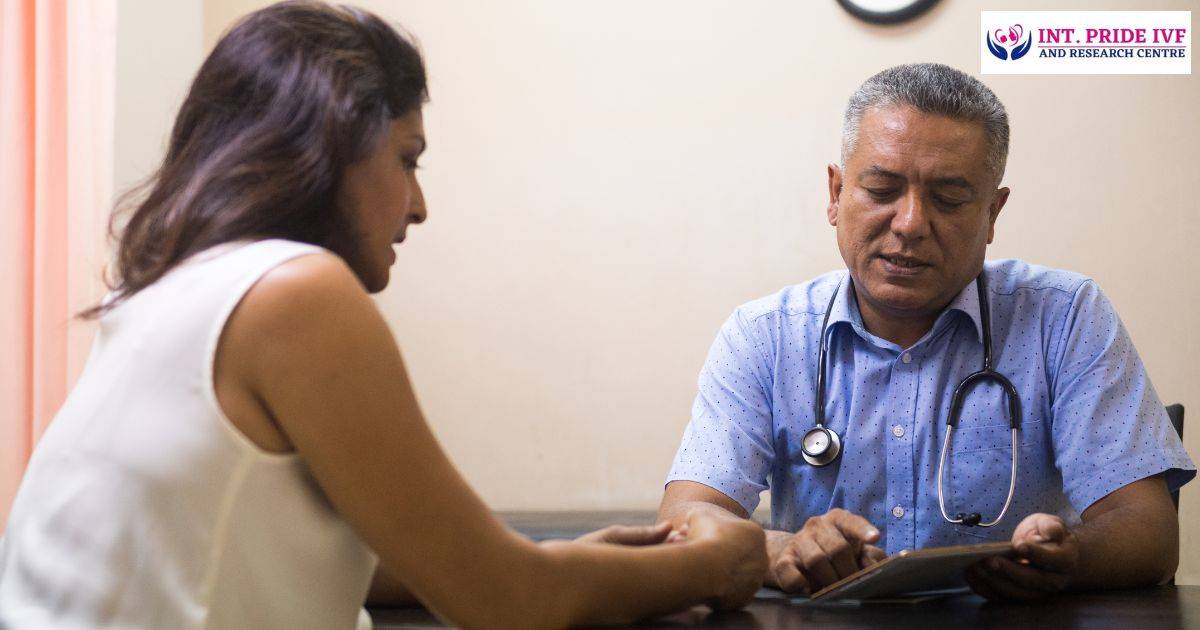Still, or it may formerly be underway, you are not alone, if your experience with in vitro fertilization (IVF) is about to begin. Roughly 1 in 8 women bear this another hand to become pregnant.
IVF is constantly the greatest approach to have a natural kiddie if you are ready to start a family or expand it and have explored all other reproductive options.
An embryo, or youthful seedling, is created through an IVF operation in which an egg is fertilized with sperm. This occurs externally to your body.
The embryo is also either firmed or put into your uterus, where it’ll hopefully develop into a gestation. As you get ready for, begin, and finish an IVF cycle, you could experience a range of feelings. There’s a lot of anxiety, despair, and uncertainty.
After all, IVF may be physically trying, time- consuming, and precious, all for the sake of a chance at generality. Hormones aren’t indeed mentioned. Regular doses for around two weeks might make you feel more emotional and throw off your body’s natural measures. It follows that the 30 days before to your IVF cycle are pivotal for securing that your body is robust, healthy, and happily prepared for this suitable demanding medical procedure.
This will help you and your partner have the best chance at getting pregnant with IVF. You will not only make it through your IVF cycle with this guidance; you will also flourish in it.
Get ready to be surprised by your own strength.




IVF Lifestyle Tips;
The life variations that will give your body with the optimum backing during your IVC cycle, during gestation, and for your overall health are covered below.
What should I eat during IVF?
Be sure to consume wholesome, well-balanced refection’s while witnessing IVF. Avoid making any large or dramatic changes during this period, similar as quitting gluten if you were not formerly.
A Mediterranean- style diet (Indian Diet Plan for IVF Success) is advised by several specialists. The vibrant, factory- grounded core of it ought to give your body the good aliment it needs.
In fact, studies suggest that a Mediterranean diet may increase the success rate of IVF in women under 35 who are neither fat nor fat.
Indeed, though the exploration was Betsy, maintaining a healthy diet in the weeks before the cycle cannot harm.
Encourage your partner to follow the Mediterranean diet with you as nutrition has an impact on sperm health as well.
Then are some quick tips for perfecting your diet with the Mediterranean diet
- Consume plenitude of fresh fruit and vegetables.
- OPT for spare foods like funk and fish.
- Consume entire grains like quinoa, farro, and pasta made from whole grains.
- Include legumes, similar as sap, lentils, and chickpeas.
- Use low- fat dairy products rather.
- Consume redundant virgin olive oil painting, avocado, almonds, seeds, and extra virgin olive oil painting.
- Steer clear of largely reused refection’s like red meat, sugar, meliorated carbohydrates, and others.
- Stop using swab. Adding sauces and spices to cookery
How to exercise during IVF?
Because they’re concerned that going the gym would not be healthy for a future pregnancy, numerous women avoid or cease exercising throughout their IVF cycle. Most women are suitable to keep up their fitness regimen. However, have a good body mass indicator, and a healthy womb, If you have been exercising. also, they advise all IVF- undergoing women to limit their daily handling to no further than 15 kilometres. Running can negatively affect the womb’s lining and divert blood down from the womb to other organs and muscles when the reproductive system most needs it, making it more disruptive to fertility than any other kind of exercise.
Lets get started
If you’re an avid runner, safely replace your long runs with:
- light jogging
- hiking
- the elliptical
- spinning
How much sleep should I get during IVF?
- Fertility and sleep are tightly related. Your IVF cycle might be supported by getting enough sleep.
- According to a 2013 exploration, women who sleep 7 to 8 hours per night are much more likely to become pregnant than women who sleep for less or more time.
- Melatonin, a hormone that controls both sleep and reduplication, reaches its peak between nine o’clock and night, according to experts. As a result, the best time to go to sleep is between 10 and 11p.m.
- Then are some strategies to include peaceful sleep into your daily routine;
- Set the temperature in your bedroom to between 60- and 67- degrees Fahrenheit.
- Just before going to bed, take a warm shower or a bath.
- Use lavender room diffusers (or use in the shower).
- Stop consuming coffee four to six hours before bed.
- Give up food two to three hours before night.
- To decompress, hear to quiet, mellow music like euphonic compositions.
- At least 30 minutes before bed, limit screen operation. That includes computers, TVs, and phones.
- Stretch out gently before going to bed.
Self-care for IVF patients-
- IVF medication and recovery will probably rank among your most delicate life times.
- Mind over matter and making the best of icky, painful, and inconvenient circumstances have a lot to recommend them. One of them is this.
- It may be relatively good to begin taking care of yourself beforehand and constantly. By doing this, some of the discomforts associated with an IVF cycle will be easier to manage and conceivably possible to help. The ensuing advice
- Belt a lot of water.
- Get plenitude of rest and indulge in naps.
- Buy plenitude of your preferred snacks.
- Hang out with musketeers.
- Take your lover out on a date.
- Engage in mild exercise like yoga.




